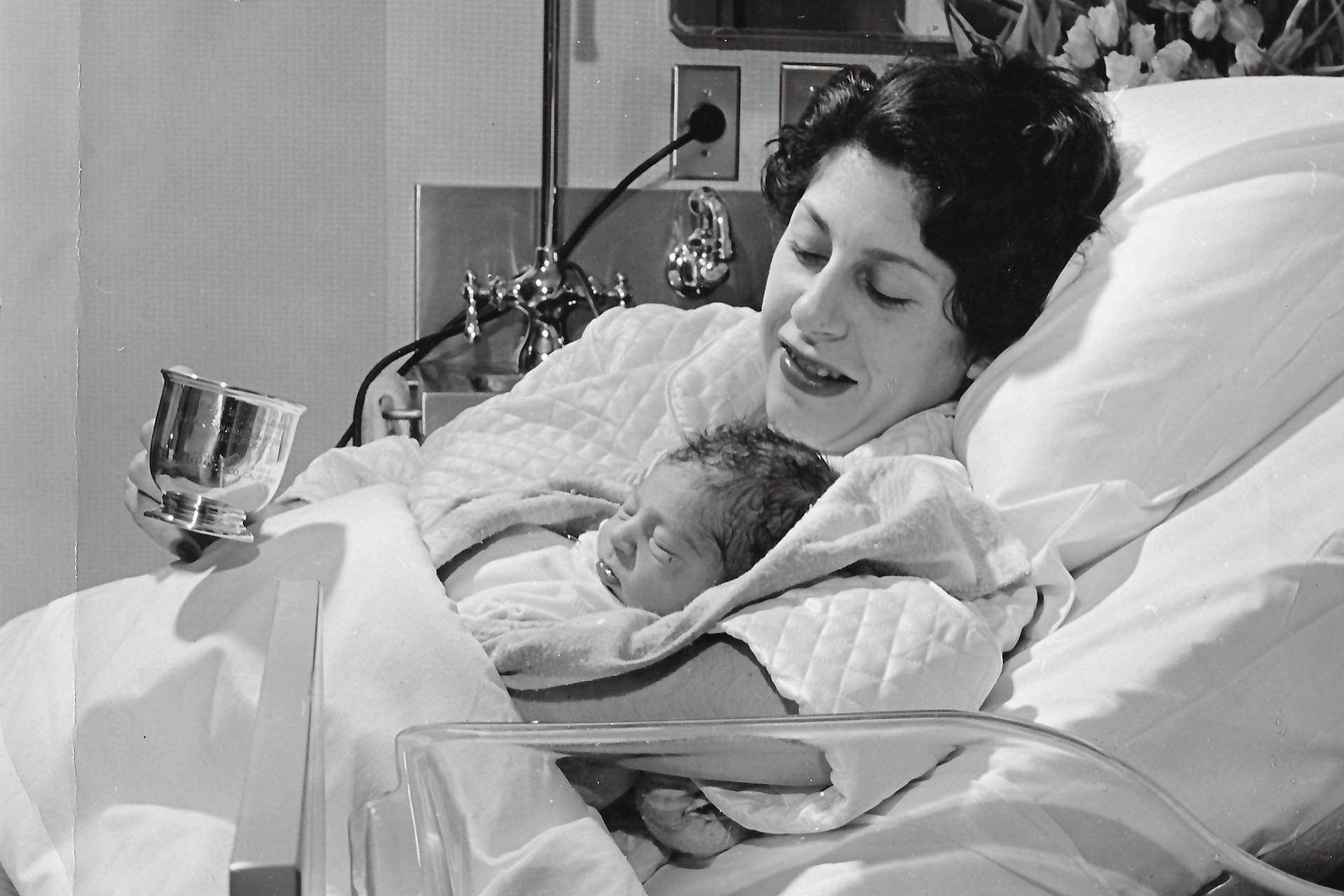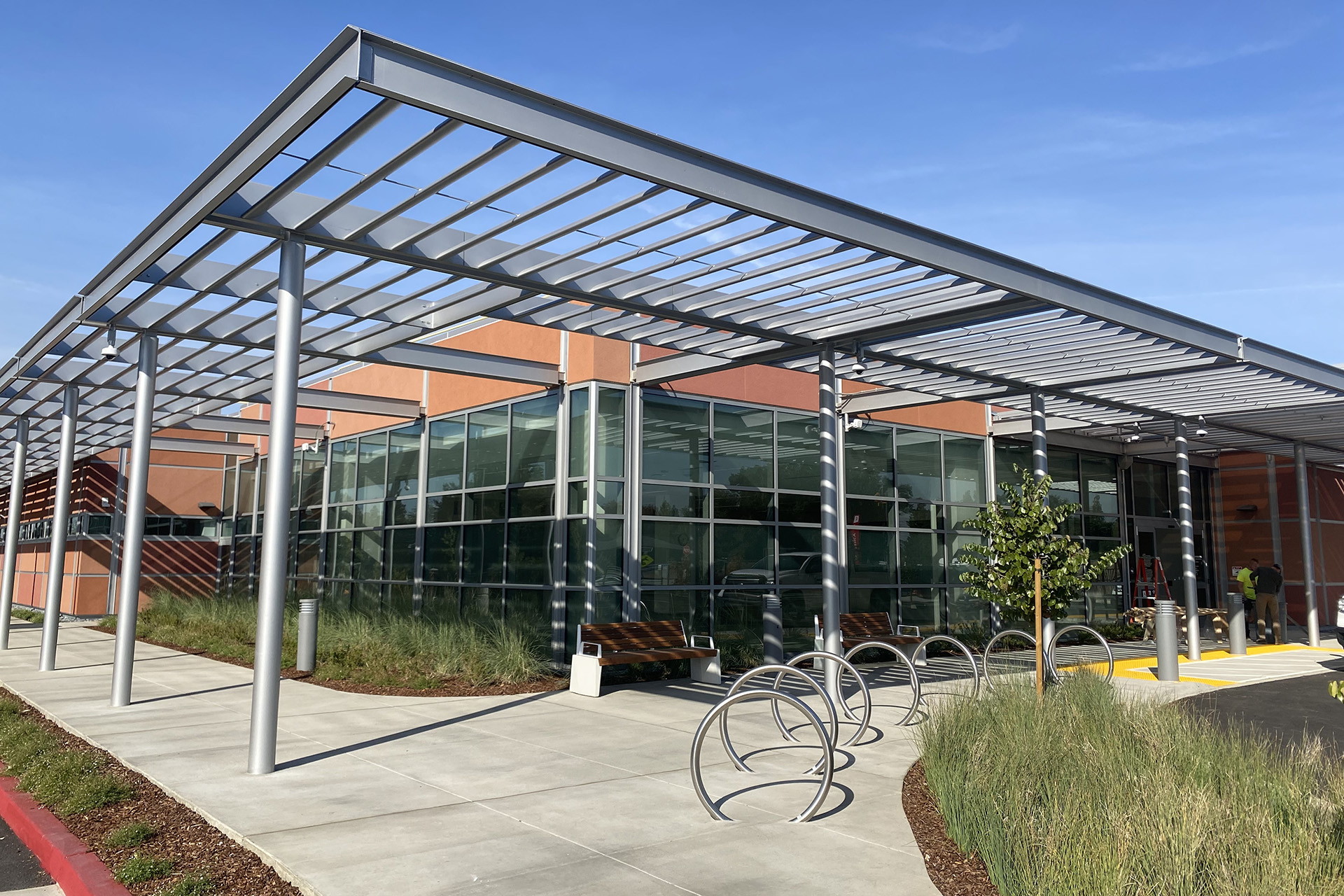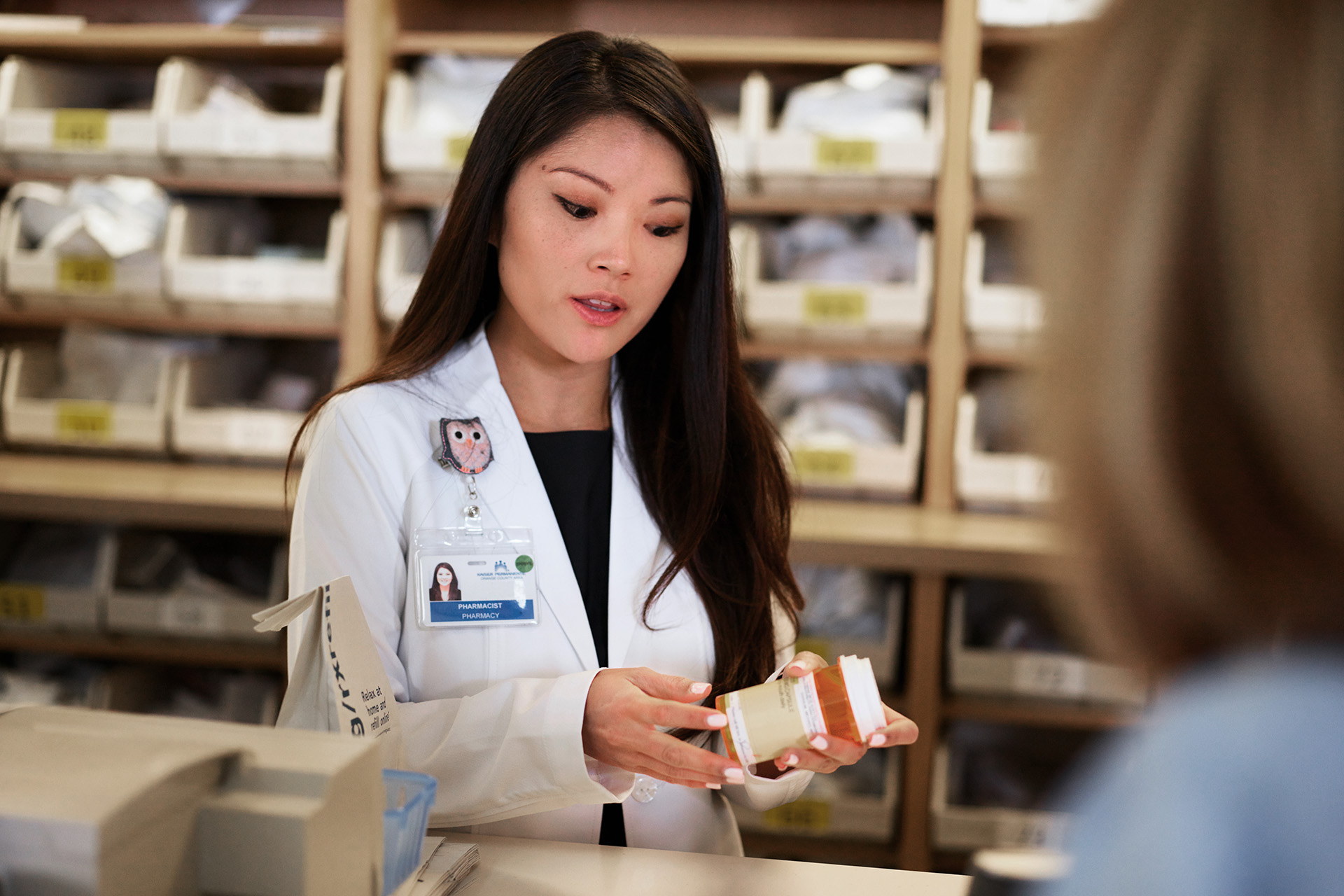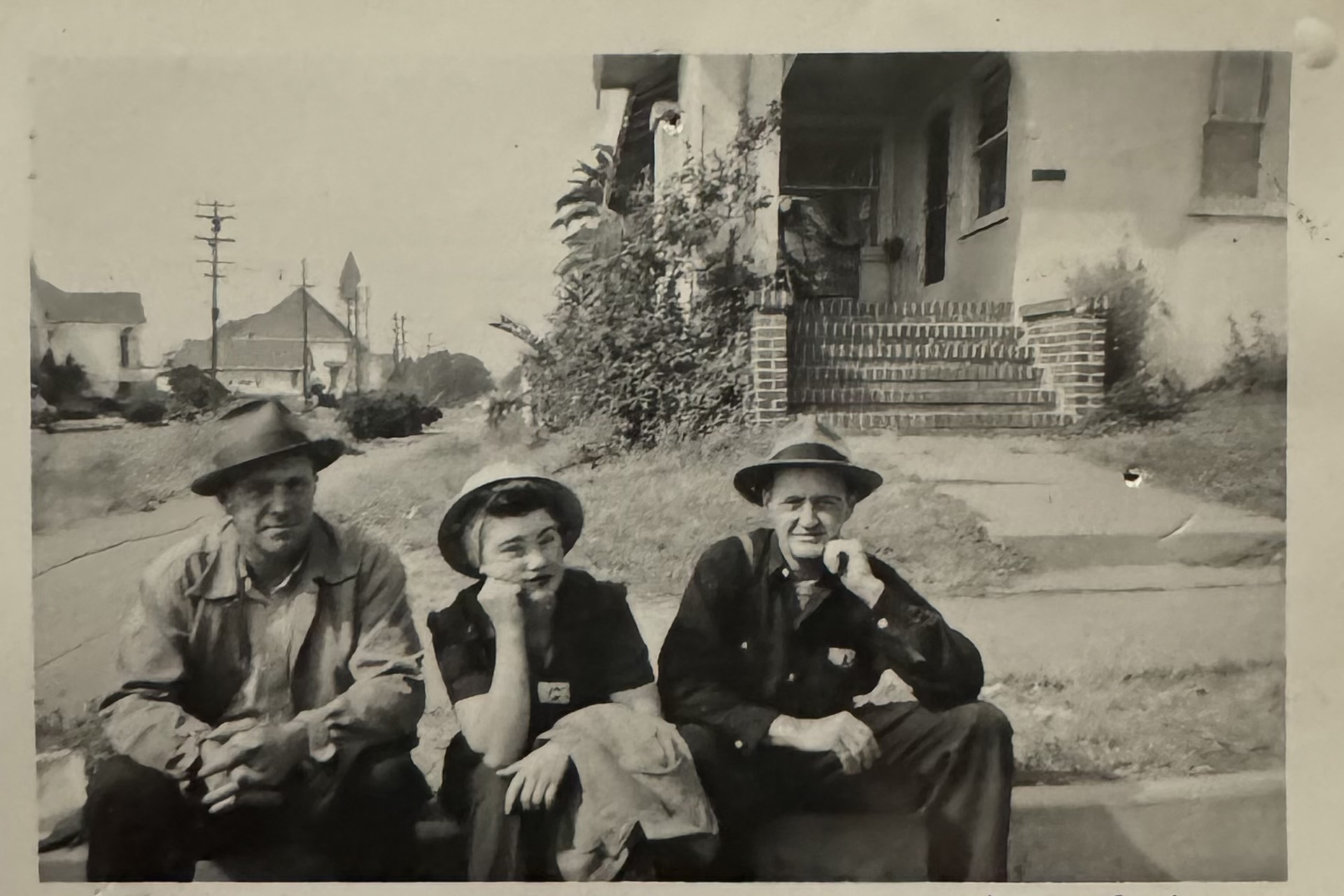Tiffany Steenburgen said the flexibility, high earnings, and enjoyability of a career in phlebotomy enabled her to go to school and support her family. She graduated from the Kaiser Permanente School of Allied Health Sciences’ Phlebotomy Technician Program in 2010 and worked as a phlebotomist at Kaiser Permanente for 6 years.
“I loved my teachers, the curriculum was great, and it prepared me really well for a career in phlebotomy,” said Steenburgen. “I was hired immediately by Kaiser Permanente after I graduated.”
The phlebotomy program provides education and training in clinical and laboratory settings and prepares students for certification as a phlebotomist technician. No prior experience or college degree is required, only a high school diploma or GED. Applicants must be 18 years or older.
Applications are open now for the program’s summer cohort that begins July 2022. Apply here.
More hands-on experience than competing programs
During the 3-month phlebotomy program, students participate in supervised trainings at Kaiser Permanente’s clinics and processing laboratories practicing venipuncture, skin puncture, specimen processing, and patient registration.
Salim Rafidi, director of the program, said the variety of clinical trainings and amount of required hands-on education sets the program apart.
“We train our students more than any other phlebotomy program available,” he said. “The state requires 40 hours of didactic education and 40 hours of clinical experience while our program provides quadruple at 160 hours for each experience. We are preparing our students for immediate employment.”
“I loved my teachers, the curriculum was great, and it prepared me really well for a career in phlebotomy. I was hired immediately by Kaiser Permanente after I graduated.” – Tiffany Steenburgen
Rafidi said there is currently a shortage of phlebotomists and lab technicians in California and numerous job openings in Northern California. Graduates can work in a hospital or outpatient setting, clinical laboratory, or community health center.
For Steenburgen, her 6-year career as a phlebotomist was a steppingstone. During her time at Kaiser Permanente San Rafael as a phlebotomist she was exposed to microbiology, which sparked her interest in nuclear medicine. She enrolled in the School of Allied Health Sciences’ Nuclear Medicine Program, while continuing to work full time.
“Phlebotomy is a great career for many reasons and a fit for a lot of different people, like me as a full-time student,” she said, adding that there are multiple shifts available. “It can be an introduction into health care or a lifelong career.”
Steenburgen graduated with a B.S. in nuclear medicine in 2016 and now teaches at the School of Allied Health Sciences.
Tuition assistance available
Kaiser Permanente employees represented by the Service Employees International Union-United Healthcare Workers West (SEIU-UHW) may be eligible for 100% tuition assistance through the union’s Education Fund. Employees must be full or part time and have completed their probationary period. Review your benefit options at theedfund.org.
Tuition reimbursement is also available through the Ben Hudnall Memorial Trust. Learn more here. The first step is to schedule a meeting with your manager, who will approve your reimbursement application.
Learn more about the Kaiser Permanente phlebotomy technician program.





This Post Has 12 Comments
Hello,
I am in Southern California. Can I have more information regarding the phlebotomy program
This is a Northern California program. Feel free to reach out to the program to see if the school has any referrals to a Southern California program: https://kpsahs.edu/phlebotomy
Can seniors in their 70s still be accepted to train as a phlebotomist?
Hi Lynn, Please learn more about the program here: https://kpsahs.edu/phlebotomy.
Are the education programs accredited and do they qualify for reimbursement through a college saving account?
Thanks
Please contact the program directly for the answers to your questions: https://kpsahs.edu/phlebotomy.
Interested in enrolling in the program and more information.
Here’s a link where you can apply: https://kpsahs.edu/apply-now.
Hi, I’m a little confused on how to become a phlebotomist in Washington State. There are phlebotomy programs offered that are only 8 weeks, but I saw that certification required to work as a phlebotomist require about 2 years of experience. How can there be programs shorter than the period required for a phlebotomy certification?
Hi, James. We’re not sure how it works in Washington State since this is a news site dedicated to Northern California Kaiser Permanente stories, but do encourage you to reach out to your state’s certification board to learn more. Best of luck!
Where is the training for Phlebotomist in Los Angeles, California, or Southern California?
Hi, Yolanda. Part of the program in Northern California is in Richmond, California: “The 320-hour basic certified CPT I Program provides 80 hours didactic theory, 80 hours in-class practicum, and 160 hours clinical. The didactic and in-class practicum will take place at the main campus in Richmond, California. The clinical portion will take place at participating affiliates in Northern California.”
I see on the website that you can contact admissions@kpsahs.edu with further questions.